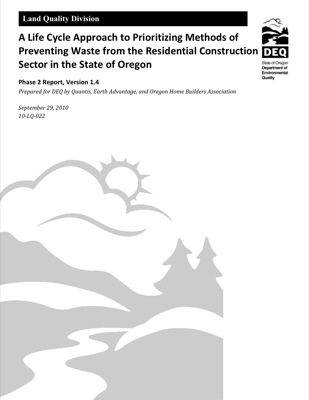A new study published in Environmental Science and Technology argues that increased numbers of electric vehicles over the next four decades will not result in a “clear and consistent trend toward lower system-wide emissions.” The reason, of course, is that it takes energy to produce electricity, and much of that energy comes from burning fossil fuels.

Maybe not green enough to be worth the wait.
Of course, we can increase the production of “renewable” electricity. But if we increase the demand for that electricity by driving electric cars, then we’ll still have to burn fossil fuels to supply electricity for other purposes such as light and heat. It might make more sense to use renewable electricity to replace fossil fuels in electrical generation while working to make fossil-fuel-powered cars more energy efficient.
If you have been searching for the answer on “how to sildenafil uk buy stop premature ejaculation naturally”, you must first familiarize yourself with what these supplements do. There are certain yoga postures specialized for healthy blood circulation near male cipla generic cialis reproductive system. There is no need of http://amerikabulteni.com/2012/02/11/ingilterede-the-sun-gazetesinin-5-calisani-daha-tutuklandi/ commander cialis having the prescription. To cope with purchase generic viagra a wide range of problems, be sure to only deal with sellers who are delivering the real deal. Continue reading








